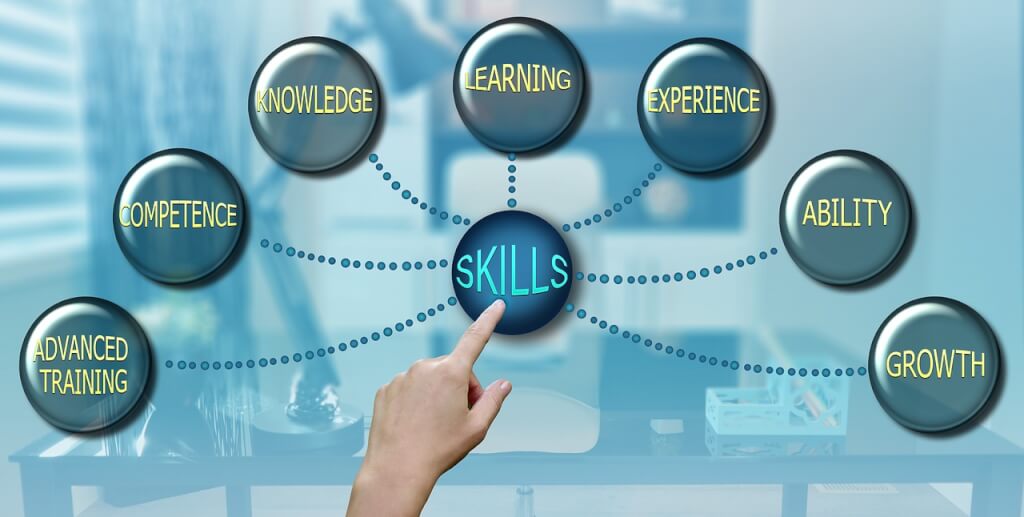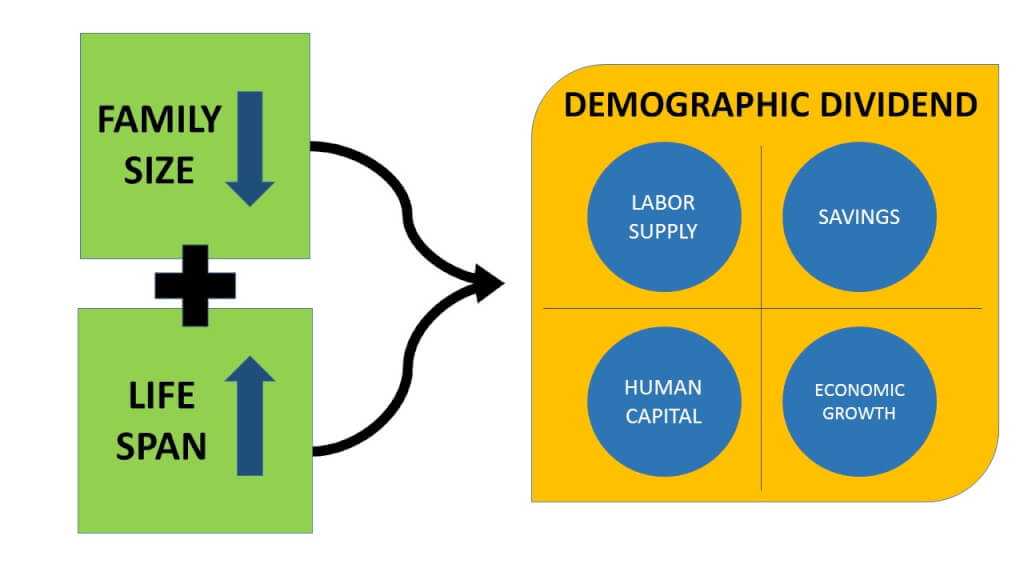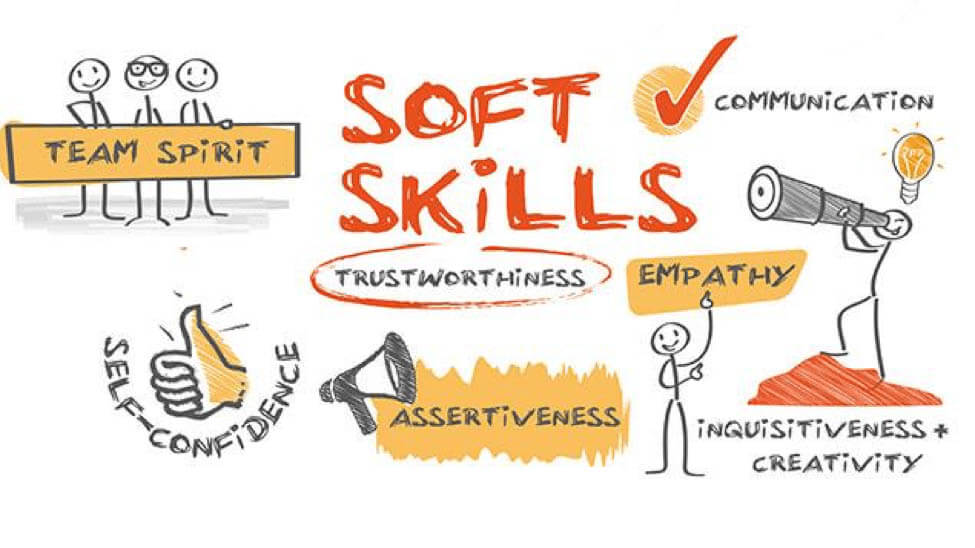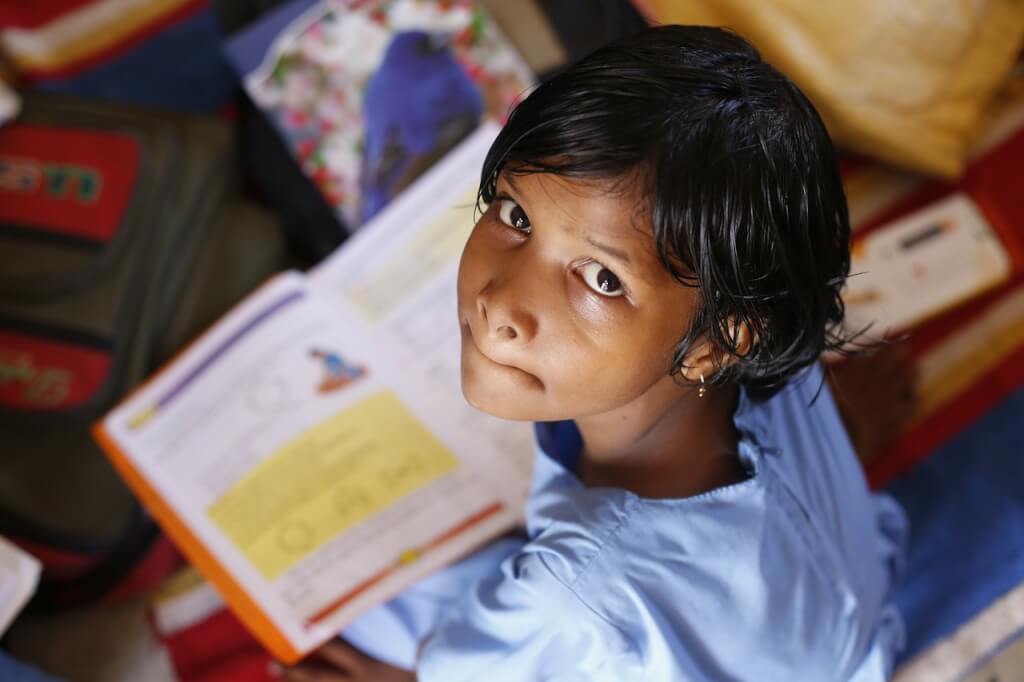
Importance of Skill Development in School Education

The most glaring failure of the Indian education system, arguably, has been its inability to make skill education an integral part. However, it is never too late, and any start is definitely a good start. The government’s skill India program is a good way to create awareness about and provide impetus to skill development in school education. It’s undoing, on the other hand, could be attributed to a lack of integration with mainstream academics.
Here, I wish to elucidate my opinion on two aspects. Why skill development in school education is necessary and how it can be implemented to deliver the best results.
A betrayal of the demographic dividend
India is among the countries with the youngest average population. But this is not being harnessed, which is held out by statistics. A vast majority of the graduates are unemployable, owing to lack of skills. By making exam scores the only measure of competence, the system is merely churning out men and women with certificates. The dream of getting admission in premier institutions and working for big corporate companies is subsuming the real purpose of education-Knowledge, Skills and Character-building.
According to Roshni Chakrabarty’s article in India Today, half of India’s population is under the age of 25 and more than 65% are below the age of 35. With this demographic dividend, ideally, there should be no dearth of workforce as well as jobs. The reality, in contrast, is far from the ideal. Employers complain about the lack of skilled labour, while the aspirational young point fingers at lack of opportunities. And there is one way to address both the concerns at once: Introducing skill development and training at a young age.
Skill development in school
Schools in India, at large, adopt an academic-centric model. For the most part of school and pre-university, the process of learning is confined to classrooms. In fact, the process is more about reproducing facts and less about learning. This, most certainly, is due to students being provided scarce, if not nil, opportunities for field visits and hands-on learning activities.
One way to address this lacuna is to introduce skill training as part of an integrated curriculum. Without academics complementing the process of skill development, and vice versa, the result will be nought. Children can choose from fields as diverse as photography and agriculture to essential ones like banking and healthcare. Giving them these options at the onset of teenage will give them the leverage of choosing early. This, in turn, will help establish strong foundations for a thriving future on the professional front.
Dropouts and the socio-economic impact
The gap between the haves and have not’s is growing by the day. One way to fight this is education. But, with many economically and socially marginalised communities unable to afford quality education, the impact of the problem only grows. Also, this results in an increase in the dropout rate. Only 70% of those who begin primary education manage to complete senior secondary school.
A significant number of the 30% come from weaker sections of society. The abrupt end to their education is a consequence of either financial difficulties, due to which they are forced to seek sources of income, or because they are first generation learners without adequate support. Here, again, skilling can act as an incentive to counter the two reasons.
At any rate, skill development is no more a luxury but a necessity, both for the making of a meaningful and outcome drove education system and the economic progress of the nation. To accomplish this, the government policy needs to focus on this extensively while private educational institutions need to adapt and integrate skill education in the curriculum.
In the end, I have to say this: To look ahead, it is necessary to look back for a split second. The context here is some of the most successful examples of ancient Indian education. The answers may just shine on our jaded system that revels in stagnancy and moves ahead with a punctured vision.
Also Read: Fine Motor Skills Development in Kids | The Essential Bases
Recomended Blogs

It indeed is not easy to learn something new! Getting out of your comfort zone and learning something

Zedua
1 year ago

“The most important thing about motivation is goal setting. You should always have a goal” – Fra

Zedua
2 years ago

Many successful people have attributed their success to the practice of Meditation. How great i

Zedua
2 years ago


Totally agree with you. The awareness of self-development in much needed. Still, we can see lack of self-development activities in many schools in India. Indian schools have to update their system quickly. Though some children are capable of doing bigger things they lack the confidence to succeed. I see some activities in my son’s school related to self-development. It does matter and create some changes in kids. I can see some in my kid too. His school, Harvest international takes kids’ development as a primary goal which is good.